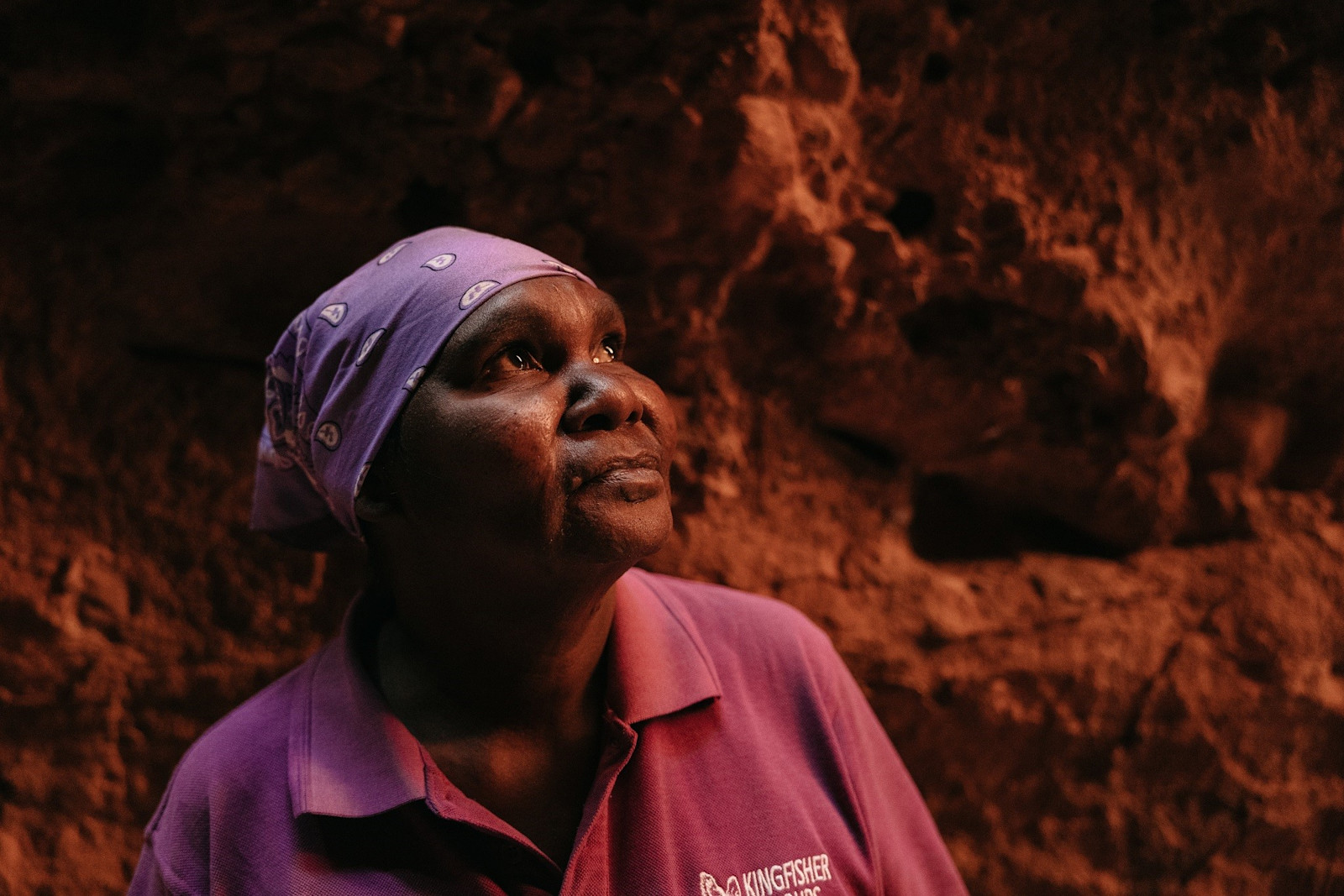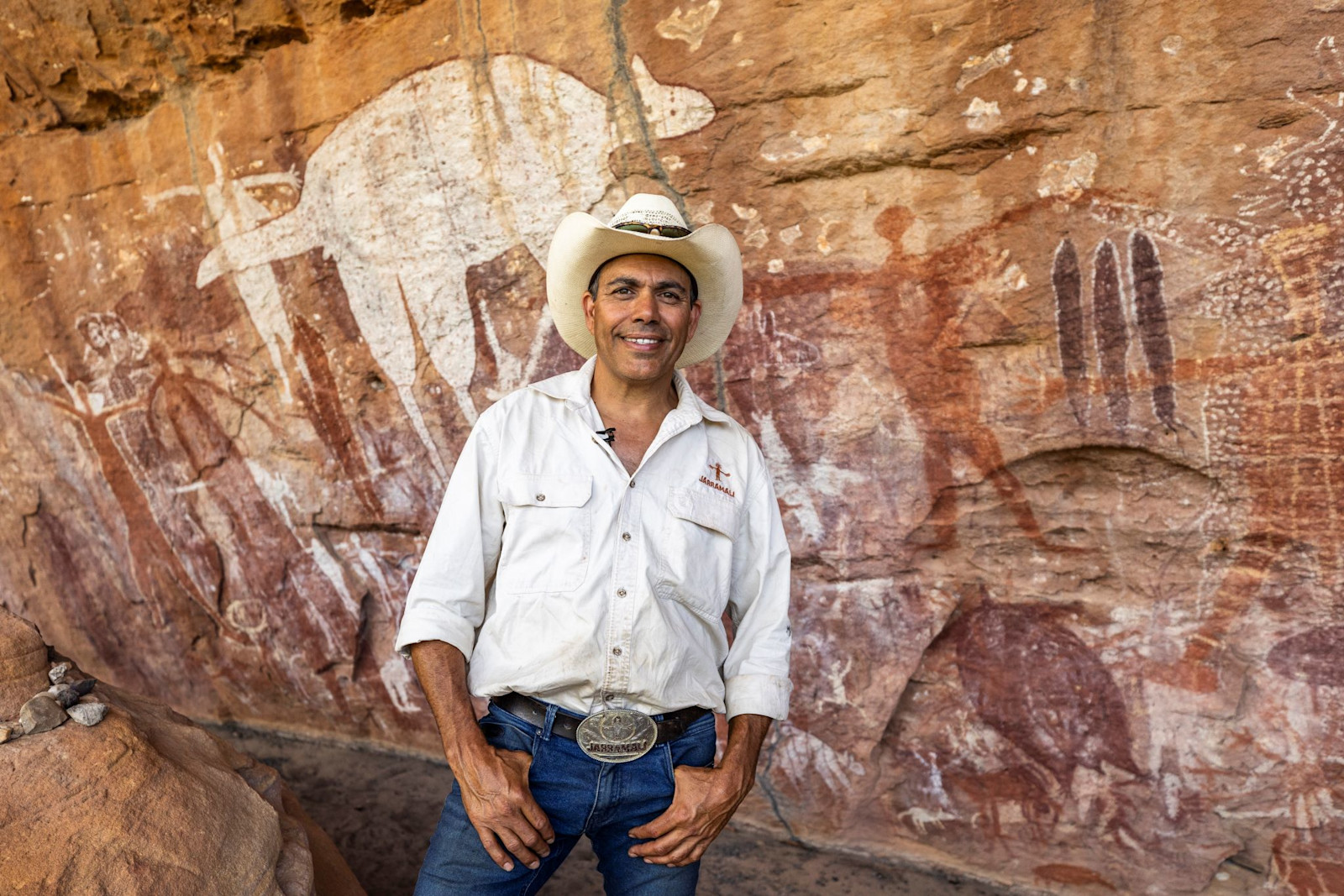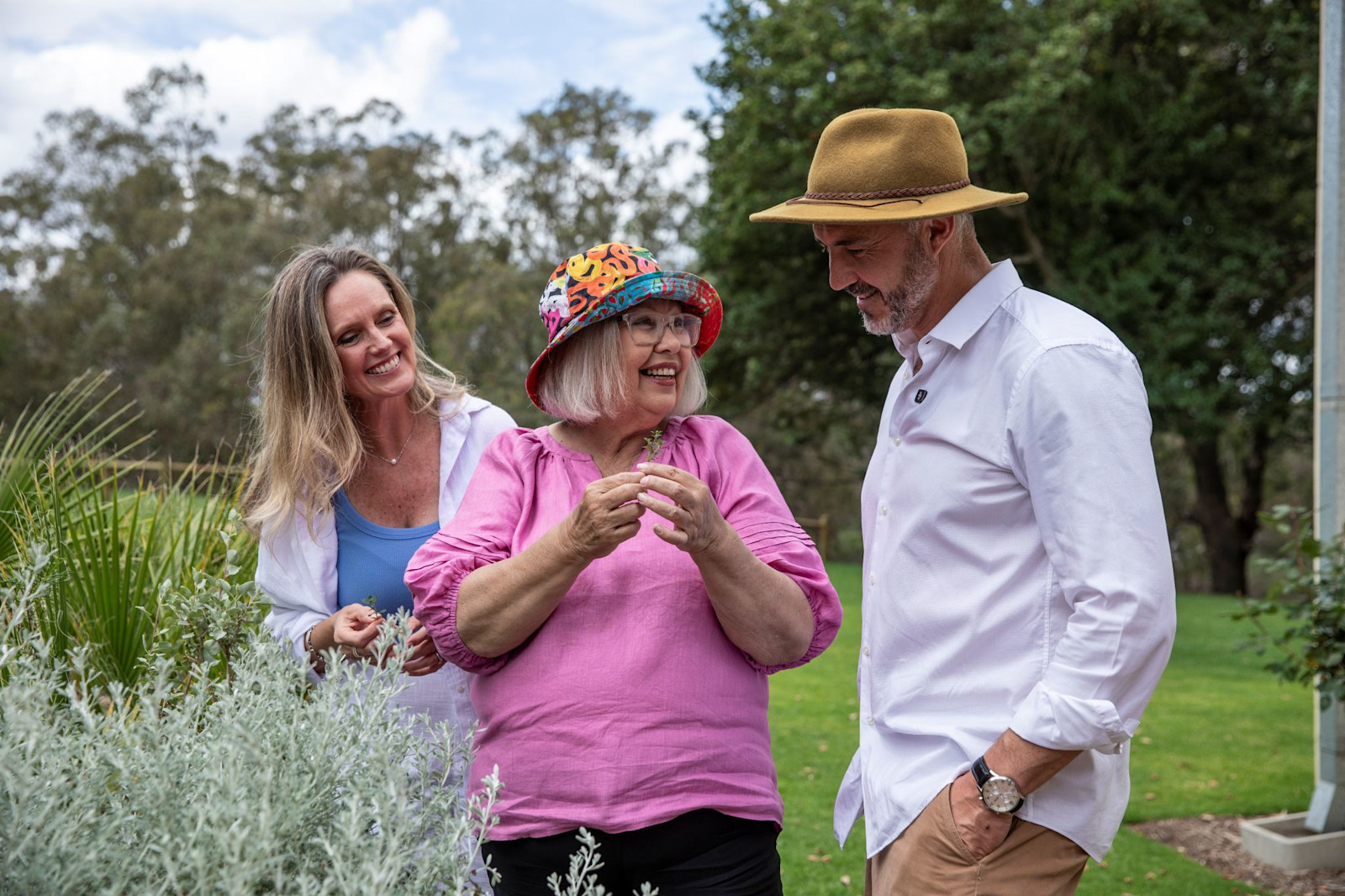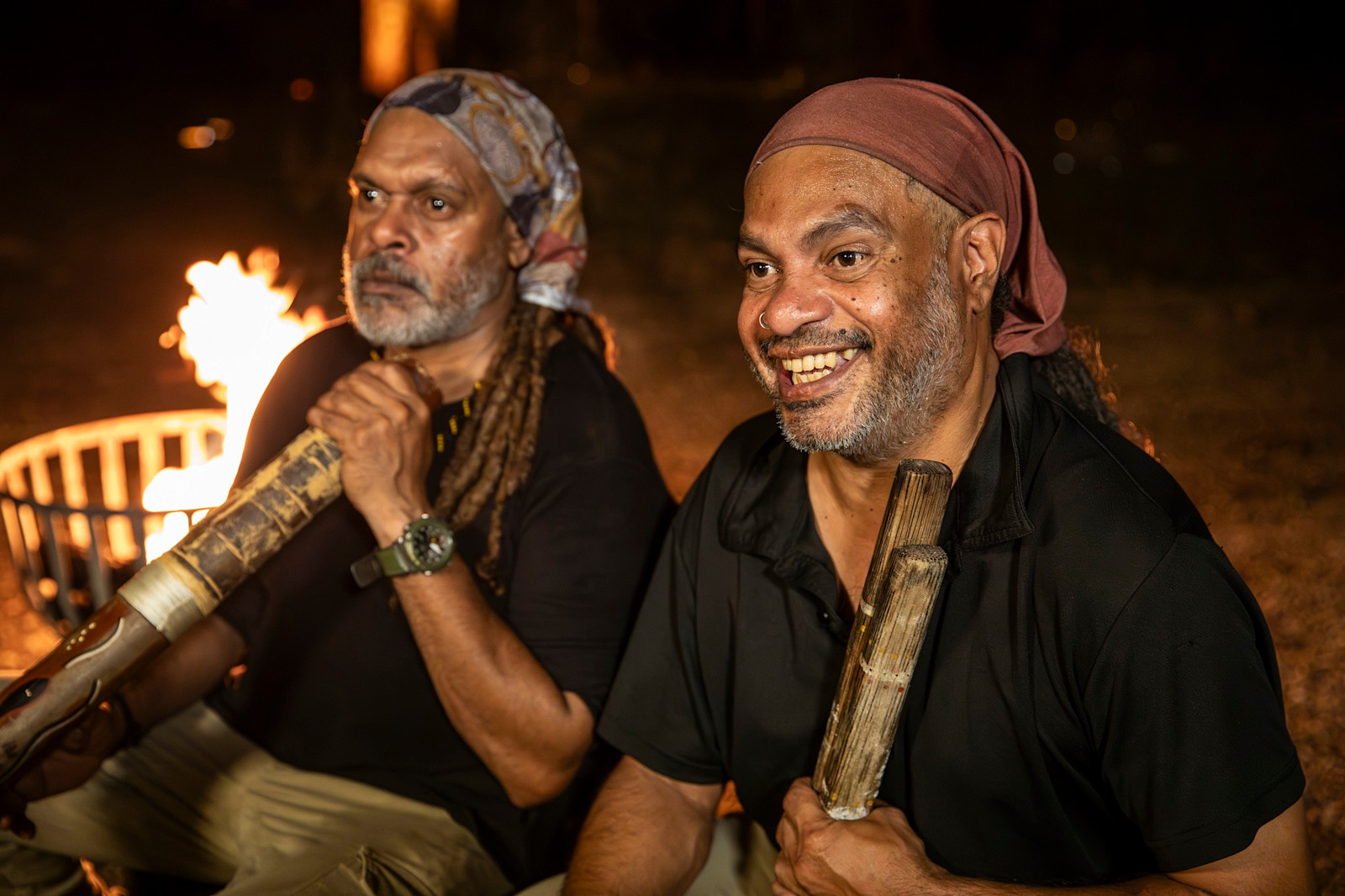Understanding Aboriginal etiquette
Did you know it’s impolite in Aboriginal cultures to look someone directly in the eye? Or that shaking hands isn’t always the done thing? How about that it’s taboo for women to play the didgeridoo?
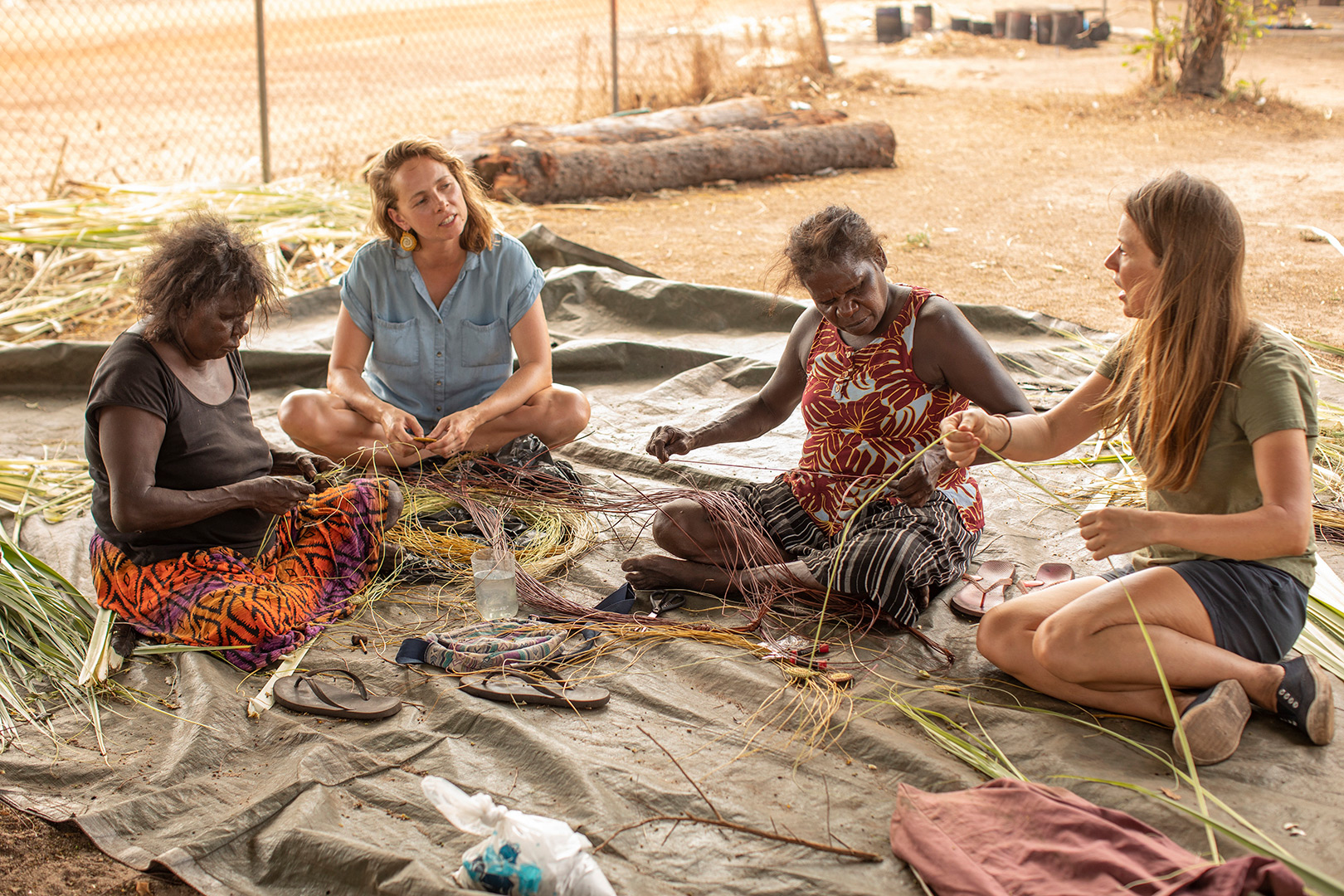
Venture North Safaris offer an authentic experience with local Aboriginal people © Tourism Australia
Embracing Indigenous customs
Just as in Japan, where diners slurp loudly to indicate satisfaction with a meal, and in Malaysia, where people point with the thumb rather than the index finger, there are customs unique to Aboriginal cultures and, while Aboriginal peoples have adopted or become accustomed to numerous Western behaviours, there are deep cultural insights to be gained by learning about theirs.
A little knowledge aids positive interactions. Aboriginal and Torres Strait Islander peoples often take long pauses before responding to a question, for example, comfortable with the silence as they consider their response. They may speak quietly, and if there’s a question they’d rather not answer, they may say that it’s secret men’s or women’s business, or gently divert your attention elsewhere. Respectful of their Elders and their cultures, they’re eager only to offer what they know, or what’s appropriate for them to share.
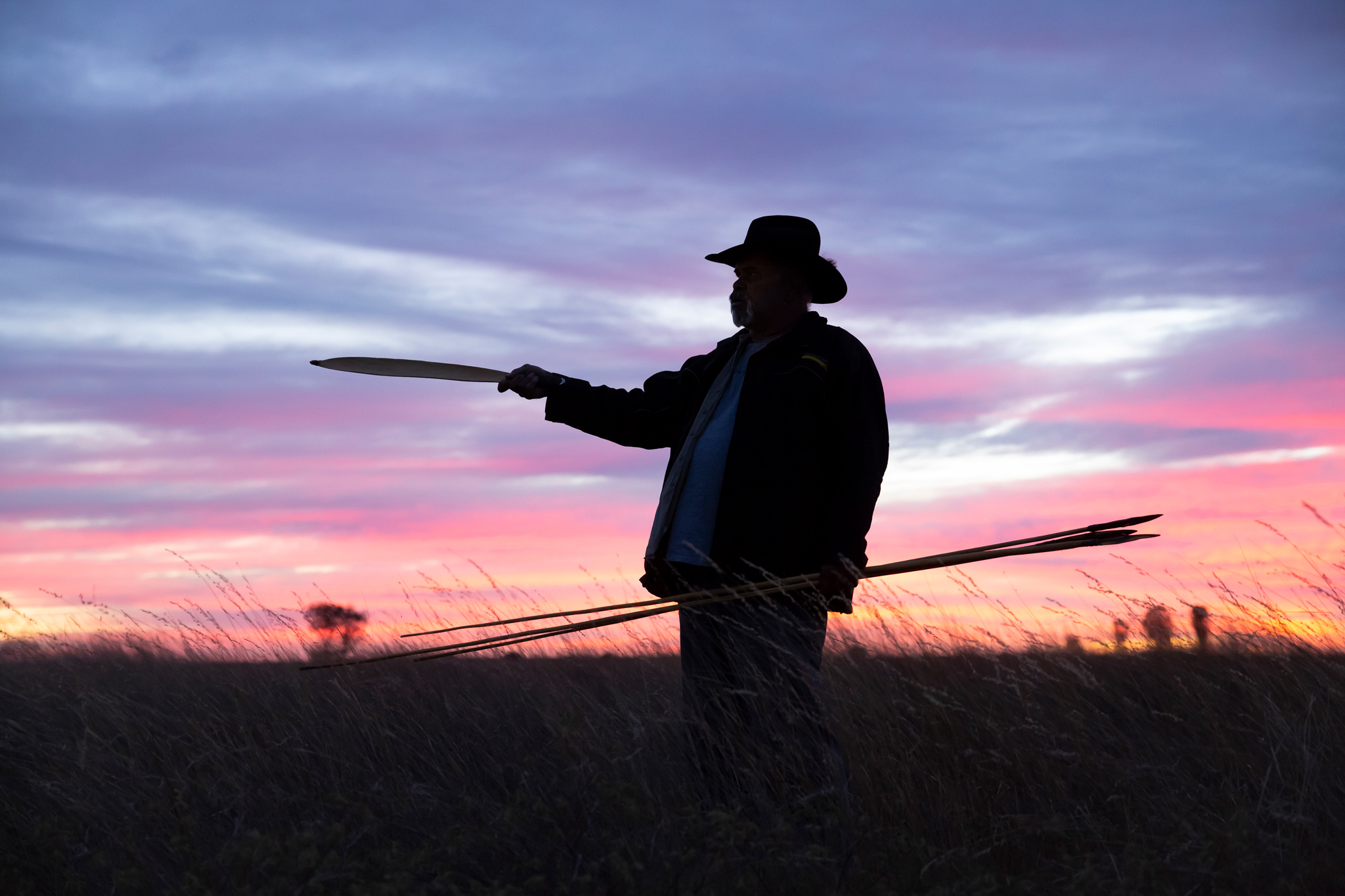
SEIT Outback Australia, Yulara, NT © Tourism Australia
Cultural differences
Aboriginal cultural etiquette can differ from group to group. In Australia’s Red Centre, SEIT Outback Australia guides explain customs on their Patji tour, which visits the traditional homelands of the Uluru family beyond the boundaries of Uluru-Kata Tjuṯa National Park. You may learn that the local Anangu don’t make eye contact when they talk, and don’t shake hands (that’s reserved for funerals); a simple hello is more appropriate.
You’ll also learn about the importance of family. The Anangu, like most Aboriginal groups, have extensive family networks, and culturally, everything is shared – be it cars, houses or food. If something or someone is needed, Aboriginal peoples will step in to assist.
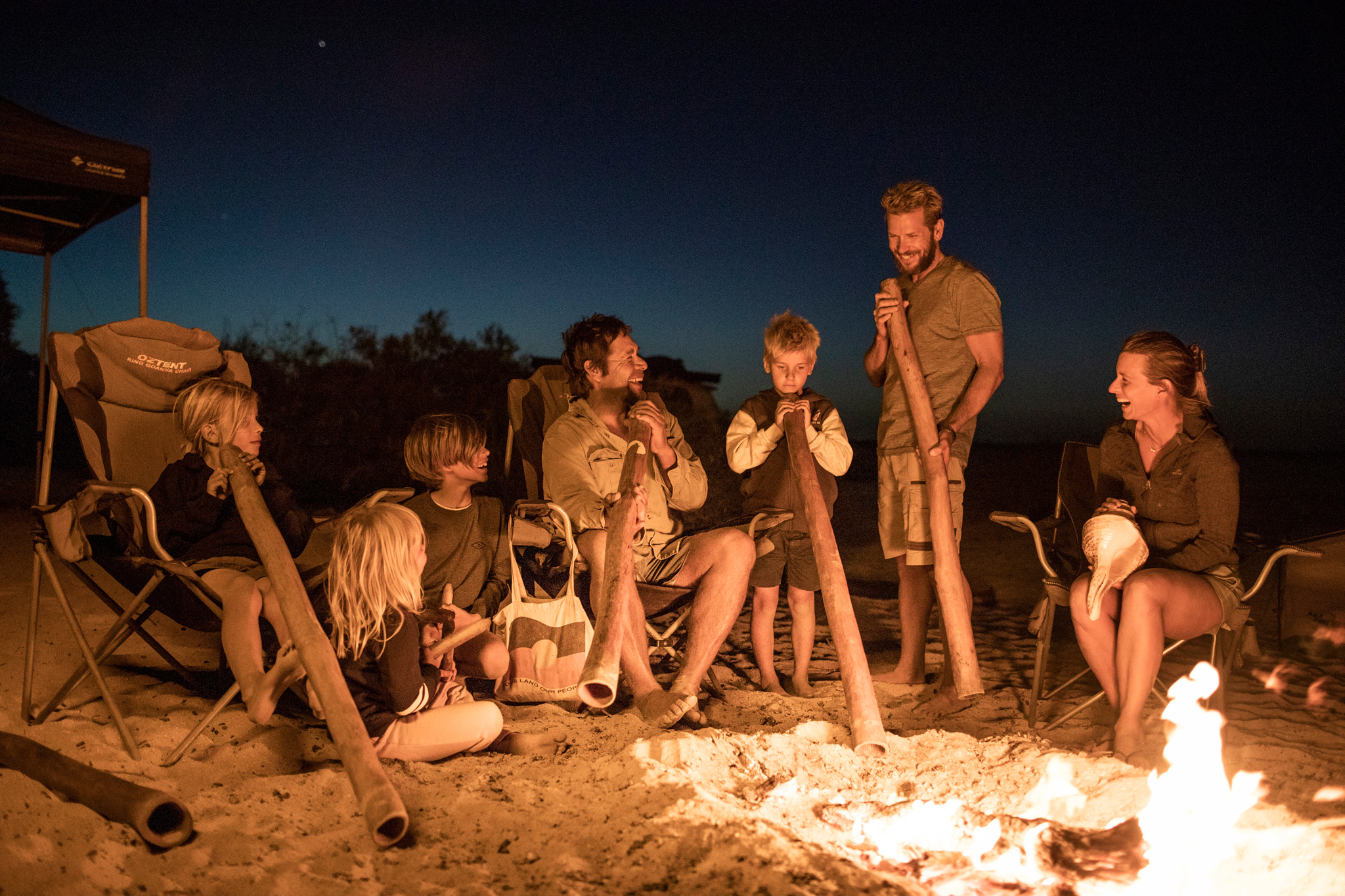
Wula Gura Nyinda Eco Cultural Adventures, Shark Bay, WA © Tourism Australia
Secret business
In Queensland’s Daintree Rainforest, Walkabout Cultural Adventures leads visitors along a path near a waterfall, but only women can enter the cascades, as it’s a place for secret women’s business. Male guide, Juan Walker, doesn’t have the right to talk about what goes on there, nor would he even know.
Across the country in Western Australia’s Shark Bay, only men are invited to learn how to produce the warble of a didgeridoo around the campfire, on the Didgeridoo Dreaming Night Tour with Wula Gura Nyinda Eco Cultural Adventures; culturally, it’s not something women are permitted to try.

Quandamooka guide Elisha Kissick and guest on North Stradbroke Island Minjerribah, Queensland
Rather than read about Aboriginal cultural ways in history books, in Australia, you can hear first-hand from the world’s oldest living cultures. Hear from Elisha Kissick, owner / operator of Yura Tours, about the rich cultural heritage of Minjerribah (North Stradbroke Island), where she lives, works and plays. Just a 45-minute drive from Brisbane, her tours offer a unique insight into the island’s traditions, including a special focus on women's business—the gentle, nurturing side of Aboriginal cultures. Find out more about Elisha here.
